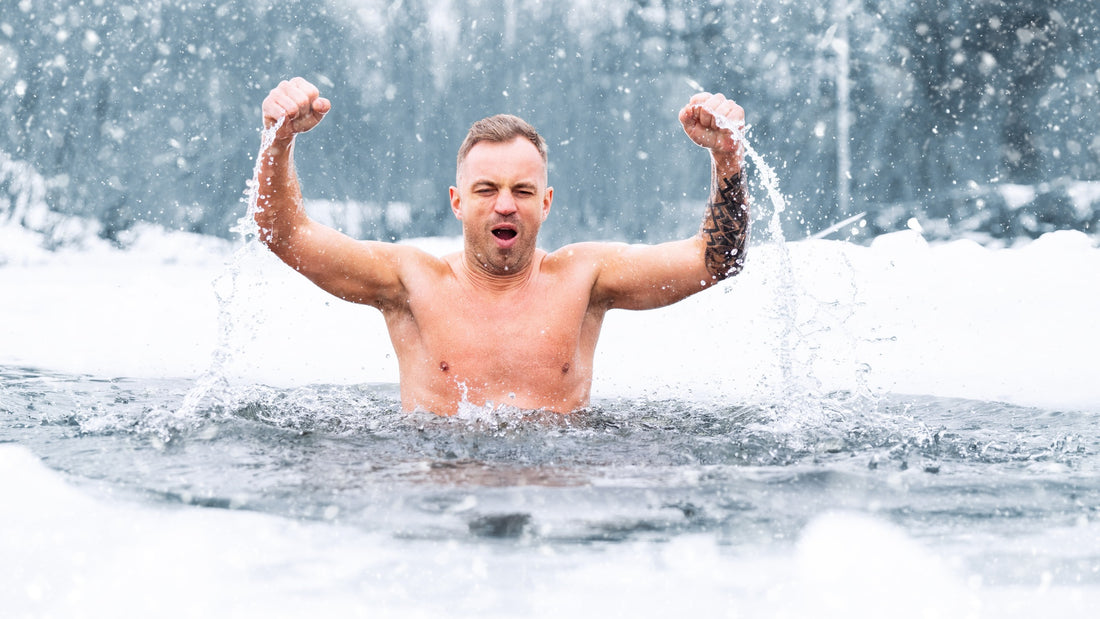Introduction
Cold therapy has been around for centuries, revered by ancient cultures and used in modern wellness circles worldwide. From athletes to wellness enthusiasts, people swear by the power of cold therapy—especially the beloved ice bath. Yet, there’s a lot of mystery (and misinformation) around this invigorating practice. So, let’s dive into the ice-cold facts and shatter some common myths about cold therapy!
Myth 1: Ice Baths Are Only for Athletes
Fact: While athletes have long used ice baths for muscle recovery, the benefits extend well beyond the athletic world. Ice baths help reduce inflammation, improve circulation, boost mental clarity, and even elevate mood. Cold therapy can be an excellent addition to anyone’s wellness routine, from busy professionals seeking stress relief to individuals looking for better sleep and recovery.
Myth 2: Cold Therapy Will Make You Feel Cold All Day
Fact: Surprisingly, cold therapy can actually increase your body warmth! During an ice bath, your body kicks into “thermogenesis,” a natural process that generates heat to counteract the cold. This internal heating effect boosts your metabolism and leaves many people feeling energized and warm afterward. So, while that initial dip may feel icy, the benefits linger in a warm and comforting way.
Myth 3: It’s Best to Go as Cold as Possible
Fact: When it comes to cold therapy, colder isn’t always better. For beginners, it’s best to start with a moderate temperature (around 10-15°C or 50-60°F) for a short duration. Gradually work your way up to colder temperatures and longer sessions as your body adapts. The goal is to enjoy the health benefits, not to “win” at enduring the cold. Listen to your body and progress at your own pace.
Myth 4: Cold Therapy Isn’t Safe for Everyone
Fact: While cold therapy is generally safe for most people, there are some exceptions. Pregnant women, individuals with heart conditions, and those with certain cold-related sensitivities should avoid ice baths or consult a doctor before trying them. For everyone else, cold therapy can be a safe, rejuvenating practice—especially when introduced gradually and responsibly.
Myth 5: Ice Baths Only Benefit Physical Recovery
Fact: The perks of cold therapy extend beyond muscle recovery. Research has shown that cold exposure stimulates the production of norepinephrine, a hormone linked to mood enhancement and stress reduction. Many people report that ice baths help improve mental clarity, elevate their mood, and even provide a sense of accomplishment after each plunge. So, it’s not just a tool for physical healing but also a powerful mental wellness tool.
Myth 6: You Need to Spend 20 Minutes in an Ice Bath to Feel the Benefits
Fact: Even short sessions in cold water—starting at just 2-5 minutes—are effective in triggering the benefits of cold therapy. The key is consistency over duration. With regular practice, even brief cold exposures can improve circulation, stimulate the immune system, and build mental resilience. So, no need to push yourself into marathon sessions; start small and work up as you feel comfortable.
Conclusion
Cold therapy, when done safely, offers a range of benefits that go beyond the surface. From bolstering recovery to enhancing mental well-being, ice baths are a powerhouse addition to any wellness routine. Next time someone questions your cold plunge habit, you’ll have the ice-cold facts to set them straight! Remember, a wellness journey is all about exploring what works best for you. Stay cool, stay consistent, and enjoy the refreshing benefits of cold therapy.

